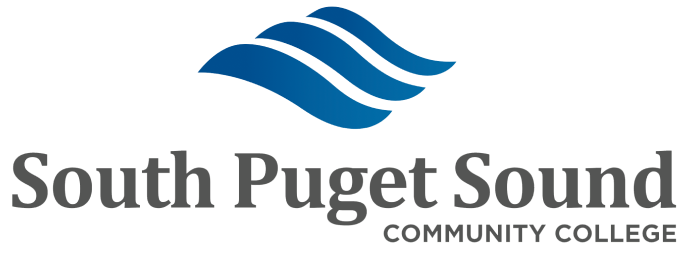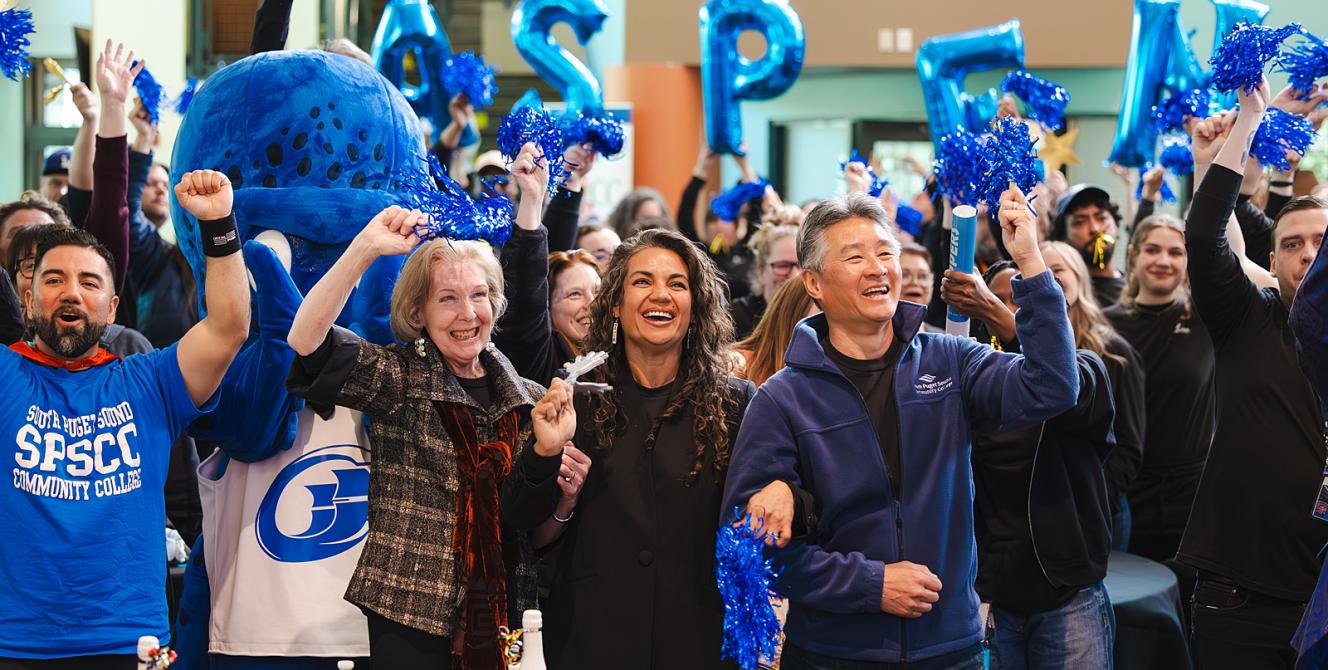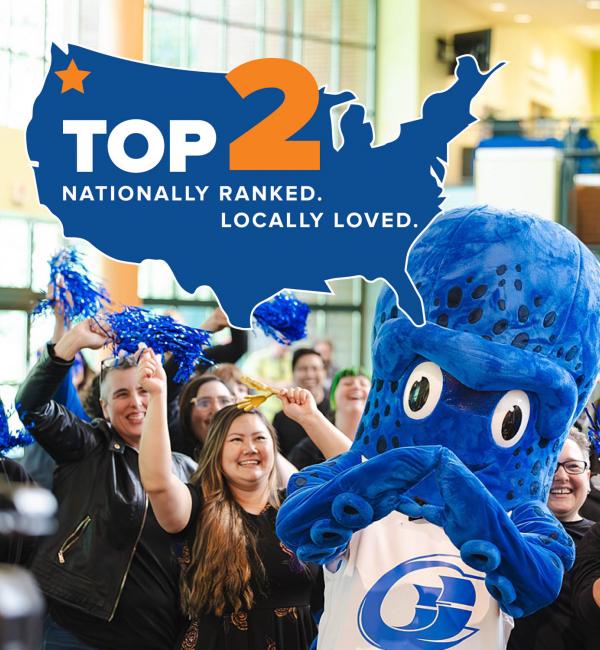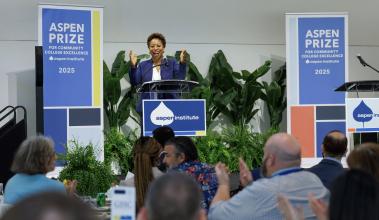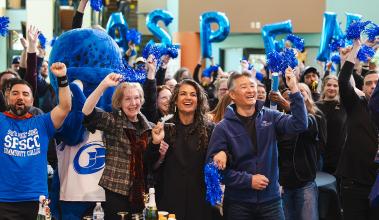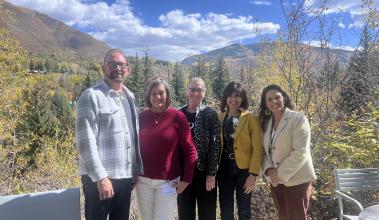This is our time.
Whether you're a student, employee, donor, or just love SPSCC, now is the time to celebrate in community and share this amazing news!
Called "the Oscars for community colleges" by former president Barack Obama, the Aspen Prize for Community College Excellence identifies the top 150 community colleges in the U.S. based on data outcomes, like student retention, degree completion, and equity-driven practices in teaching and student supports. Aspen then invites those 150 to apply for the final Aspen Prize.
Named Top 150 in 2021 and 2023, SPSCC earned the top 10 "Finalist" designation in both 2023 and 2025 after applying, completing a virtual interview, and enduring a 2-day campus visit with evaluators from the Aspen Institute.
In April 2025, SPSCC was named "Finalist with Distinction" at the Aspen Prize Ceremony in Washington, D.C.
